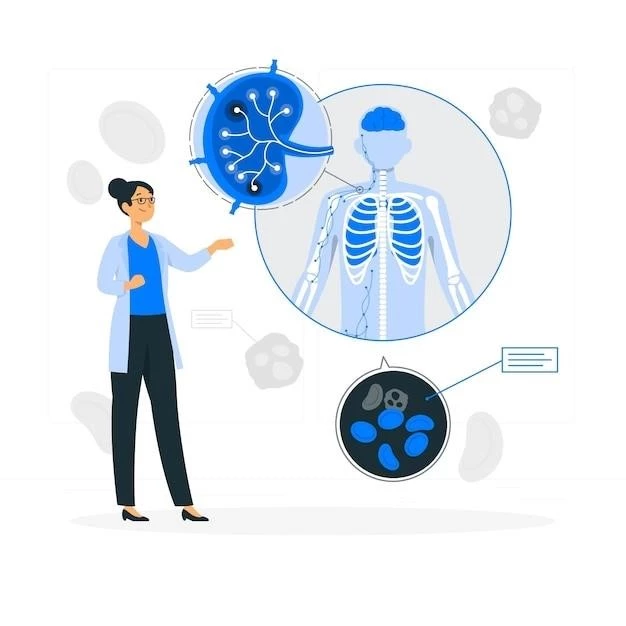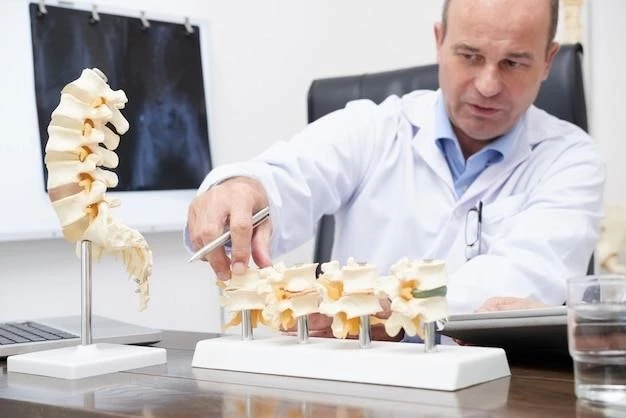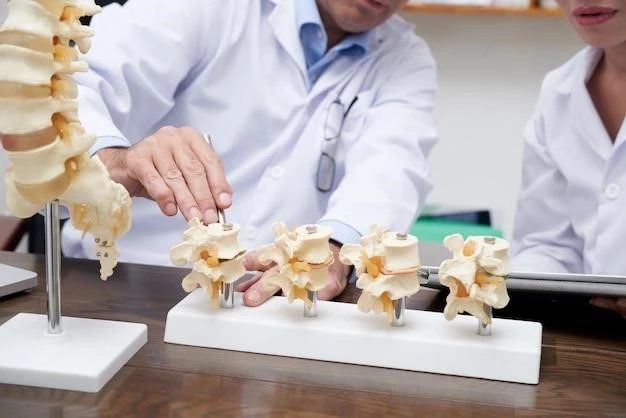Disease⁚ Spinal muscular atrophy with respiratory distress type 1 (SMARD1) is a rare genetic disorder leading to respiratory distress and muscle weakness in infants;
Spinal Muscular Atrophy with Respiratory Distress Type 1 (SMARD1) is a rare autosomal recessive neuromuscular disorder characterized by progressive motor and respiratory decline during the first year of life․ It presents with muscle weakness and respiratory distress due to diaphragmatic involvement, leading to severe complications without early intervention․
Definition and Characteristics
Spinal Muscular Atrophy with Respiratory Distress Type 1 (SMARD1) is a rare genetic disorder causing respiratory distress and muscle weakness in infants․
Spinal Muscular Atrophy with Respiratory Distress Type 1 (SMARD1) is a rare autosomal recessive neuromuscular disorder caused by mutations in the IGHMBP2 gene٫ leading to progressive spinal motor neuron degeneration․ This genetic background underlies the inheritance pattern of the disease٫ emphasizing the importance of genetic counseling and testing for families at risk․
Clinical Presentation and Symptoms of SMARD1
Spinal Muscular Atrophy with Respiratory Distress Type 1 (SMARD1) presents with muscle weakness and respiratory distress in infants, leading to severe complications․
Autosomal Recessive Inheritance
Spinal Muscular Atrophy with Respiratory Distress Type 1 (SMARD1) is inherited in an autosomal recessive pattern, meaning that both parents must carry a copy of the mutated gene for their child to develop the condition; Understanding the genetic background of SMARD1 is crucial for genetic counseling and family planning․
Management and Treatment Approaches for SMARD1
Early diagnosis and intervention are crucial in managing Spinal Muscular Atrophy with Respiratory Distress Type 1 (SMARD1)․ Treatment focuses on respiratory support and addressing muscle weakness to improve quality of life․
Focus on Respiratory Support and Muscle Weakness
Immediate attention to respiratory support and addressing muscle weakness is essential in managing Spinal Muscular Atrophy with Respiratory Distress Type 1 (SMARD1)․ Interventions aim to enhance breathing function and alleviate muscle deterioration٫ improving the overall well-being of individuals affected by this rare genetic disorder․
Prognosis and Long-Term Outlook for Individuals with SMARD1
Individuals diagnosed with Spinal Muscular Atrophy with Respiratory Distress Type 1 (SMARD1) face challenges due to severe respiratory distress and muscle weakness, impacting long-term prognosis;
Understanding Disease Progression and Complications
Individuals with Spinal Muscular Atrophy with Respiratory Distress Type 1 (SMARD1) face a challenging disease progression characterized by respiratory distress, muscle weakness, and the risk of severe complications, requiring comprehensive medical support and interventions to optimize their quality of life․
Recent Advances in Research and Therapies for SMARD1
Research into Spinal Muscular Atrophy with Respiratory Distress Type 1 (SMARD1) has shown promising developments in gene therapy using adeno-associated virus serotype 9 (AAV9) to address motor neuron degeneration․
Gene Therapy and Potential Future Developments
Recent advancements in research have focused on gene therapy as a potential treatment avenue for Spinal Muscular Atrophy with Respiratory Distress Type 1 (SMARD1)․ Specifically, studies have explored the use of adeno-associated virus serotype 9 (AAV9) to target the IGHMBP2 gene mutations responsible for the condition․ These developments hold promise for potential future breakthroughs in managing this rare neuromuscular disorder․

Supportive Care and Quality of Life Considerations
Providing comprehensive multidisciplinary care for individuals with Spinal Muscular Atrophy with Respiratory Distress Type 1 (SMARD1) is crucial to optimize their quality of life․ Collaborating with a team of healthcare professionals can help address the complex needs associated with the condition․
Importance of Multidisciplinary Care Teams
Collaboration among multidisciplinary care teams is vital in providing comprehensive support for individuals with Spinal Muscular Atrophy with Respiratory Distress Type 1 (SMARD1)․ These teams, consisting of healthcare professionals from various specialties, work together to address the complex needs associated with the condition and enhance the overall quality of life for patients and their families․
Impact on Families and Caregivers of Individuals with SMARD1
Families and caregivers of individuals with Spinal Muscular Atrophy with Respiratory Distress Type 1 (SMARD1) face emotional and practical challenges․ Providing support and access to resources can help navigate the complexities of caring for a loved one with this rare genetic disorder․
Addressing Emotional and Practical Challenges
Families and caregivers of individuals with Spinal Muscular Atrophy with Respiratory Distress Type 1 (SMARD1) may experience emotional distress and practical difficulties․ Providing psychological support٫ access to resources٫ and respite care can help alleviate the burden on caregivers and promote well-being for both the affected individuals and their support system․

Awareness and Advocacy Efforts for SMARD1
Boosting awareness and advocacy for Spinal Muscular Atrophy with Respiratory Distress Type 1 (SMARD1) is critical to promoting understanding, supporting affected individuals, and driving research funding towards developing effective therapies․
Promoting Understanding and Research Funding
Increasing awareness and advocating for Spinal Muscular Atrophy with Respiratory Distress Type 1 (SMARD1) is crucial in driving research funding and fostering a deeper understanding of the condition․ By raising awareness and supporting research initiatives, we can strive towards developing effective treatments and improving outcomes for individuals affected by this rare genetic disorder․
Conclusion
Spinal Muscular Atrophy with Respiratory Distress Type 1 (SMARD1) presents profound challenges, emphasizing the importance of multidisciplinary care, research funding advocacy, and support for affected individuals and families․ Promoting awareness is crucial for advancing understanding and developing effective therapies for this rare genetic disorder․
Summary of Key Points and Future Directions
Understanding the challenges of Spinal Muscular Atrophy with Respiratory Distress Type 1 (SMARD1) is essential for promoting research, advocacy, and supportive care․ Continued efforts in raising awareness and funding research are critical to improving outcomes and quality of life for individuals affected by this rare genetic disorder․
